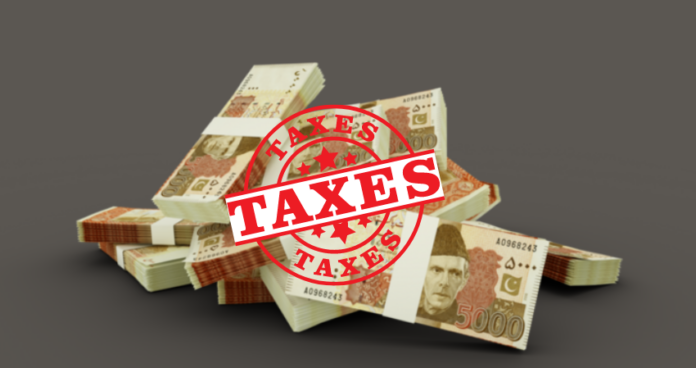Tax evasion in Pakistan’s textile value chain, spanning from ginning to retail, is estimated at Rs236 billion annually, according to the Pakistan Cotton Ginners Association (PCGA).
The assessment reveals tax evasion, with Rs36 billion attributed to the ginning stage alone and the remaining Rs200 billion across other stages of the textile value chain.
The PCGA disclosed that the ginning industry faces 12 different taxes and duties, including multiple 18 percent sales taxes on cotton lint, cotton oil, and oil dirt, as well as income tax, professional tax, market fees, and various highway-related fees. These heavy tax burdens have reportedly discouraged ginners, resulting in only 665 out of 1,200 ginning factories operating during the 2023-24 season.
The PCGA warns that the additional sales tax on cotton seed cake and increased electricity charges from July 1, 2024, could lead to a complete collapse of the ginning industry.
The PCGA argues that excessive taxation not only hinders fair business practices but also supports tax evasion. Ginners often conduct business without invoices, hiding actual production and avoiding taxes. This issue extends beyond ginning, with parts of the cotton lint flow going unaccounted for at later stages of value addition, leading to further tax evasion in the textile industry.
In response to these challenges, the PCGA detailed the taxes and fees associated with cotton and oil at different stages, totaling Rs36.22 billion at the ginning stage. This includes Rs32.40 billion from the 18 percent sales tax on cotton lint, Rs2.16 billion from the 1.2 percent withholding tax on cotton lint, and Rs1.05 billion from the 18 percent sales tax on oil, among other fees.
The PCGA estimates that the textile industry’s total tax evasion could exceed Rs200 billion, covering stages such as spinning, weaving, finishing, dyeing, and retail. The association highlights the need for a more streamlined and fair taxation system to ensure compliance and support the industry’s sustainability.




